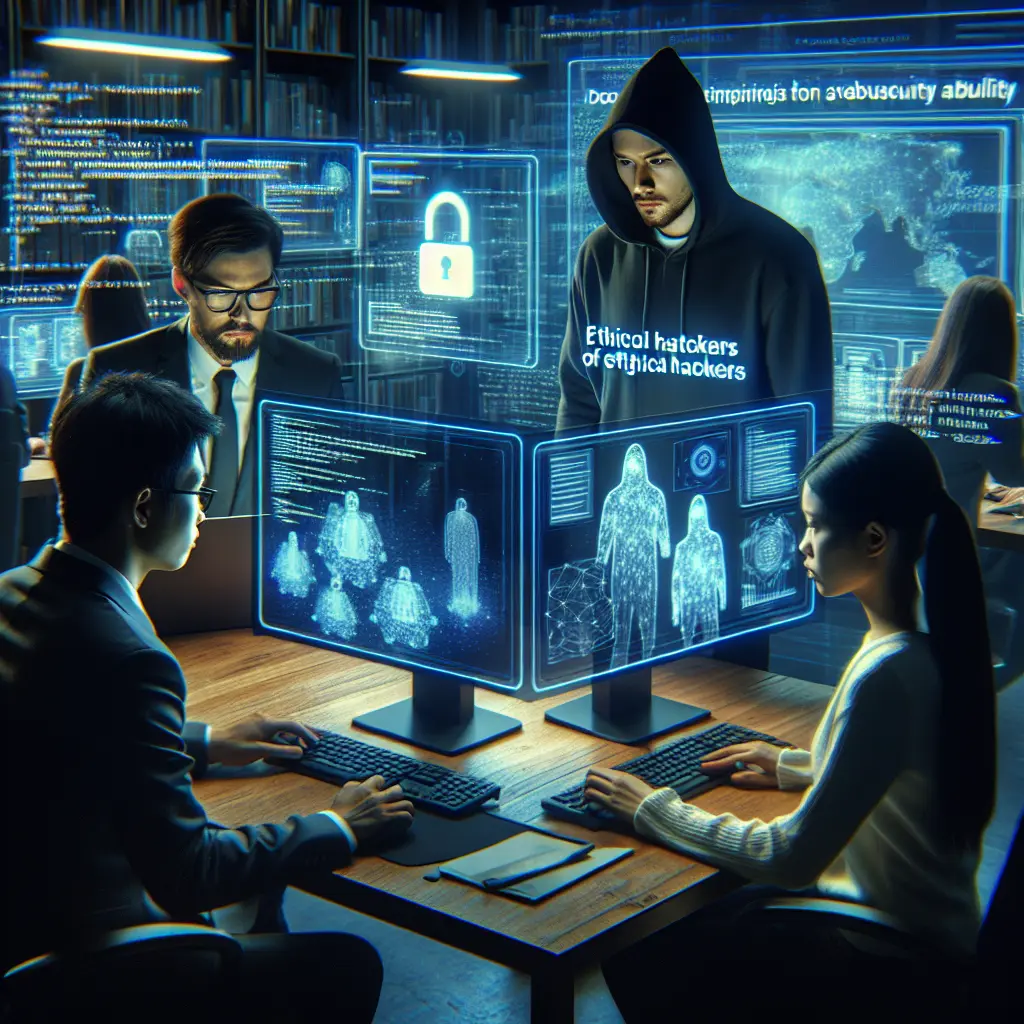
Introduction
In today's digital landscape, where cybersecurity threats are constantly evolving, the role of ethical hackers has become crucial in safeguarding information security. Ethical hacking serves as a proactive approach to cyber defense, where skilled professionals simulate cyberattacks to identify vulnerabilities in network security and systems before malicious hackers can exploit them. These cybersecurity audits, conducted by certified ethical hackers, are integral to maintaining robust cybersecurity frameworks.
What is Ethical Hacking?
Ethical hacking encompasses various techniques, including penetration testing and vulnerability assessments, which are essential for uncovering weaknesses in a system. By identifying these gaps, ethical hackers help organizations enhance their cybersecurity risk management strategies and implement cybersecurity best practices. The importance of ethical hacking lies not only in its ability to protect sensitive data but also in its contribution to a comprehensive cybersecurity audit that strengthens an organization's overall cyber defense.
Skills and Tools of Ethical Hackers
Professionals in this field possess specialized ethical hacker skills and often hold ethical hacking certifications that validate their expertise. They utilize advanced ethical hacking tools to conduct thorough assessments, ensuring that organizations are better prepared against potential cybersecurity threats. The benefits of ethical hacking extend beyond merely finding vulnerabilities; they offer insights into improving network security and fortifying systems against future attacks.
The Growing Significance of Ethical Hacking
As the digital landscape continues to expand, the significance of ethical hacking in audits is more pronounced than ever. By integrating ethical hacking into regular cybersecurity audits, organizations can proactively mitigate risks and enhance their information security posture. This introduction sets the stage for a deeper exploration into how ethical hacking techniques are employed during audits, the vital role of ethical hackers in modern cybersecurity, and the continuous evolution of ethical hacking practices to combat emerging threats.
Conclusion
In wrapping up our exploration, it's clear that the central themes have resonated deeply. We've delved into the intricacies of ethical hacking, highlighting its significance and the impact it bears on cybersecurity. The core points addressed include the importance of identifying vulnerabilities proactively, which underlines the importance of maintaining robust security frameworks. This is followed by a discussion on how ethical hackers' skills and tools play a crucial role in shaping secure outcomes. Lastly, we emphasized the need for continuous adaptation to emerging threats, urging us to rethink conventional approaches.
As we reflect on these insights, it's essential to recognize the profound implications they hold for future endeavors. The knowledge gleaned here not only illuminates the path forward but also empowers us to make informed decisions that can drive meaningful change. Whether you're a seasoned expert or a curious newcomer, the journey doesn't end here. It invites you to dive deeper, explore further, and challenge the status quo.
I encourage you to take these insights and apply them in your own context. Let them inspire action, fuel discussion, and spark innovation. Consider what steps you can take to contribute positively to this evolving narrative. Your perspective is invaluable, and I invite you to share your thoughts and experiences in the comments below. Let's continue this conversation and build a community of informed, engaged individuals ready to make a difference.
Thank you for joining me on this insightful journey. Stay curious, stay inspired, and remember, every small step counts towards a larger impact.
Warm regards,
Jonah Maxwell